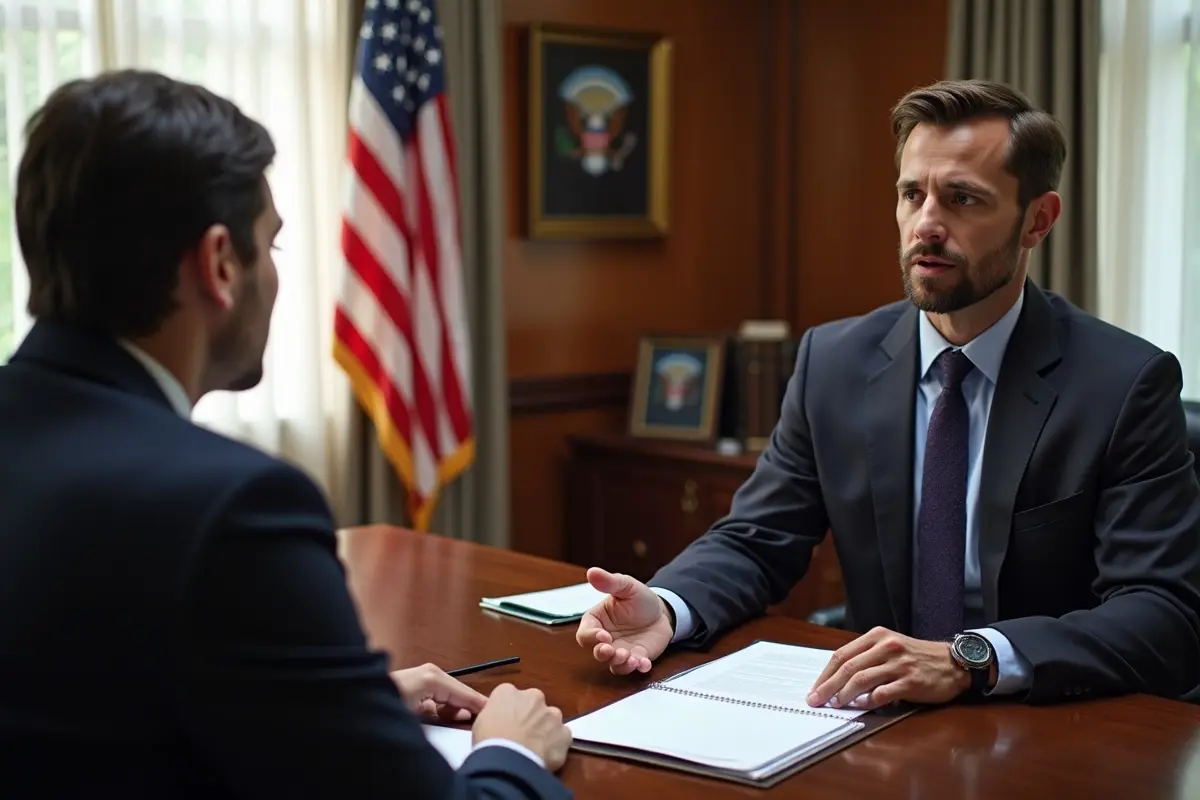
How to Avoid Red Flags During Your Green Card Interview
Securing a green card is a major milestone, whether you’re chasing the American Dream or simply aiming to settle down in the United States. The journey to permanent residency, however, often comes with a significant hurdle: the green card interview. It’s the final step in the process, and while it’s often straightforward, there are pitfalls that can trip up even the most prepared applicants. So, how do you make sure you don’t raise any red flags during your green card interview? Let’s break it down.
Understand What the Interview Is About
First things first, you need to understand what the green card interview is designed to achieve. The interview is primarily meant to confirm the information you’ve already provided in your application. The officer is there to verify your relationship (if it’s a marriage-based green card), your background, and your eligibility for a green card. Their job is to ensure that everything checks out and that there are no reasons to doubt the authenticity of your application.
The key here is to be honest and straightforward. This isn’t the time to embellish details or try to present a perfect picture. Be genuine, answer questions directly, and don’t volunteer extra information unless asked. Keeping things simple and truthful is your best strategy.
Be Thoroughly Prepared
Preparation is crucial. You wouldn’t walk into a job interview without researching the company, and the same applies here. Make sure you know your application inside out. Go over the details you’ve submitted, especially dates, names, and important events. If you’re applying for a marriage-based green card, both you and your spouse should be familiar with the timeline of your relationship, your living arrangements, and other personal details that might come up.
Preparation also means gathering all necessary documents. Bring copies of your application, supporting documents, and any other paperwork the USCIS may have requested. It’s always better to have too much documentation than too little. Being over-prepared shows you’re serious and organized.
Dress and Act Appropriately
Yes, appearances matter. While the interview isn’t a fashion show, you should dress in a way that reflects the seriousness of the occasion. Think business casual—something that conveys respect without being overly formal. How you present yourself can make an impression, so avoid anything too casual or flashy.
Your behavior during the interview is just as important. Be polite, courteous, and patient. Listen carefully to the questions being asked and take a moment to think before responding. If you don’t understand a question, don’t hesitate to ask for clarification. There’s no rush, and it’s better to get it right the first time.
Watch Out for Common Red Flags
Certain behaviors or inconsistencies can trigger concerns for the interviewing officer. Here are a few to be aware of:
- Inconsistent Answers – If your answers don’t match what’s in your application or if you and your spouse contradict each other, it raises suspicion. Consistency is key.
- Nervous or Evasive Behavior – It’s normal to be nervous, but excessive nervousness or evasiveness can suggest you’re hiding something. Stay calm, breathe, and focus on answering the questions honestly.
- Lack of Documentation – If you don’t have the documents you need or can’t provide evidence when asked, it can be a red flag. Always bring more than you think you’ll need.
- Overly Rehearsed Answers – While preparation is important, sounding too rehearsed or robotic can backfire. Aim for a natural, conversational tone.
- Gaps in Knowledge – If you’re applying for a marriage-based green card, not knowing basic details about your spouse or your relationship is a major red flag. Be prepared to answer personal questions with confidence.
What to Do If Something Goes Wrong
Even with the best preparation, things can go sideways. Maybe you blank on a date, or your nerves get the better of you. If you realize you’ve made a mistake, don’t panic. Acknowledge it calmly, correct the error, and move on. The interviewing officer will appreciate your honesty more than if you try to cover up a slip-up.
If you feel the interview is going poorly, stay composed. Sometimes, things aren’t as bad as they seem. Keep answering questions honestly, and remember that the interview is just one part of the process. If there are concerns, you’ll often have a chance to address them later.
The Importance of Genuine Intent
The underlying theme of the green card interview is authenticity. The USCIS officers are trained to spot fraudulent applications, and their goal is to ensure that only legitimate applicants receive green cards. If you’ve entered into your marriage in good faith, or if your application is based on genuine qualifications, that should come through naturally.
Focus on being yourself. The more genuine you are, the less you have to worry about. Don’t try to outsmart the process—just be honest, prepared, and confident in the legitimacy of your application.
Wrapping It Up
Navigating your green card interview doesn’t have to be a nerve-wracking experience. By understanding the process, preparing thoroughly, and being genuine, you can greatly reduce the chances of raising any red flags. Remember, the interview is not about tripping you up but about verifying that you meet the requirements for a green card. Stay calm, be yourself, and you’ll be one step closer to achieving your goal of permanent residency in the United States.

